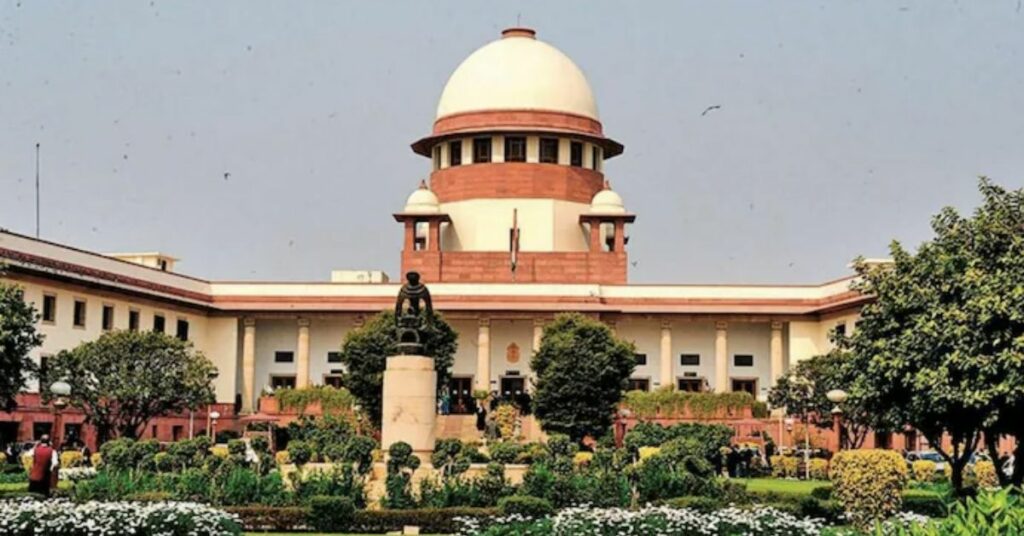The Indian judiciary witnessed a significant development as the Ministry of Law and Justice approved the elevation of three Chief Justices from different High Courts to the Supreme Court. This move, recommended by the Supreme Court Collegium, is set to bolster the apex court’s capacity to address its extensive backlog of cases.
The Historic Elevations
The justices in the spotlight are Satish Chandra Sharma, Chief Justice of the Delhi High Court; Augustine George Masih, Chief Justice of the Rajasthan High Court; and Sandeep Mehta, Chief Justice of the Gauhati High Court. Their swearing-in ceremony, scheduled for November 9 at the Supreme Court auditorium, marks a crucial step in reinforcing the judiciary’s strength.
Acknowledging the Swift Action
Adish C Aggarwala, Senior Advocate and President of the Supreme Court Bar Association, expressed gratitude towards Prime Minister Narendra Modi for the prompt acceptance of the Collegium’s recommendations. This rapid response underscores the government’s commitment to ensuring judicial efficacy.
VIDEO | “PM Modi accepted the recommendation by the collegium within 48 hours. This is a big decision, and it shows that how effectively and speedily Government of India works on the recommendations of the judiciary,” says Adish Aggarwala, President, Supreme Court Bar Association… pic.twitter.com/UD4PoukCtP
— Press Trust of India (@PTI_News) November 9, 2023
The Collegium’s Consideration
The Supreme Court Collegium, led by Chief Justice of India DY Chandrachud and comprising Justices Sanjay Kishan Kaul, Sanjiv Khanna, BR Gavai, and Surya Kant, emphasized the critical need to address the Supreme Court’s growing backlog of cases. The elevation of these justices is viewed as a strategic move to distribute the burgeoning workload more effectively.
Addressing the Backlog Challenge
The Supreme Court, with a sanctioned strength of 34 judges, has been operating with 31. The addition of these three justices aims to bring the Court closer to its full capacity, enabling it to tackle the escalating pendency of cases more efficiently.
read more articles
- Delhi Court Orders Aap Mp Raghav Chadha to Leave Type 7 Government Bungalow
- Lawrence Bishnoi’s On-Air Gambit from Jail Cell: High Court Summons Top Prison Official for Answers
The Deliberation Process
In deciding these appointments, the Collegium meticulously reviewed the judgments authored by eligible Chief Justices and senior puisne judges of the High Courts. This process involved comprehensive discussions and assessments of their judicial acumen, aided by compilations prepared by the Centre for Research and Planning of the Supreme Court.
The appointment of Justices Sharma, Masih, and Mehta to the Supreme Court represents a significant stride in enhancing the judicial framework of India. As they assume their new roles, the hope is that their contributions will significantly reduce the case backlog and strengthen the overall functioning of the country’s highest judicial body.

